Climate and Ag in the news
-

The recently released report on rising sea levels provides ample cause for concern along the Gulf coast. It’s not just rising sea levels that are causing problems, though. It is also heavier rains from hurricanes, toxic red tides caused in part by drainage of agricultural chemicals off of lands far upstream of the Mississippi delta,…
-

The Weather Channel had an interesting story this weekend about two wildfires that burned in the Florida Panhandle last week. The fires were attributed to dry, windy conditions combined with abundant fuel that was composed of downed trees and debris left over from Hurricane Michael in 2018. You may recall that Michael made landfall near…
-
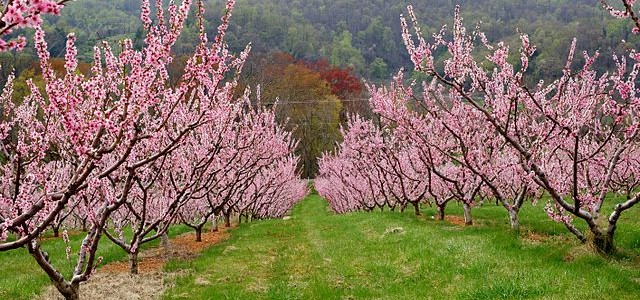
March came in so quietly this year that I forgot to remind you all that March 1 is the start of meteorological and climatological spring. Atmospheric scientists use the period from March 1 through May 31 to represent spring rather than the astronomical season because it matches up better with the climate on earth than…
Posted in: Climate and Ag in the news -
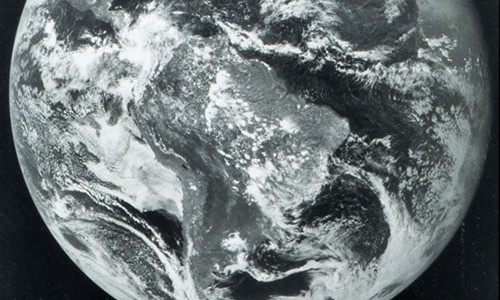
On March 1, 2022, NOAA’s new geostationary satellite was successfully launched into space. This satellite, currently known as GOES-T, will move into a high orbit 22,000 miles above the surface that moves around the earth at the same rate that the earth rotates, which allows the satellite to continually look at the same part of…
Posted in: Climate and Ag in the news -
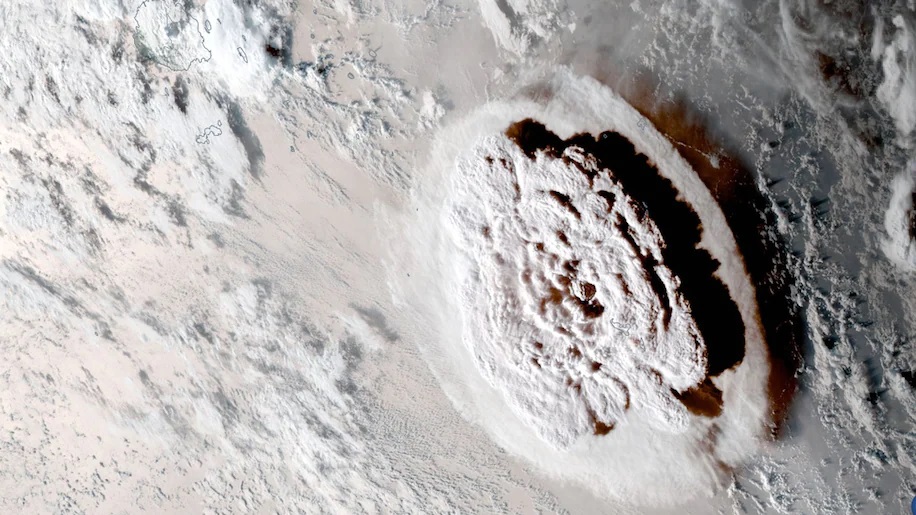
A new analysis of the aerosols shot into the atmosphere by the recent Tonga volcanic eruption show that in spite of a plume that set new records for height, the aerosols that were emitted were not enough to affect global temperatures. This was expected because the volcano did not appear to be emitting much sulfur…
-
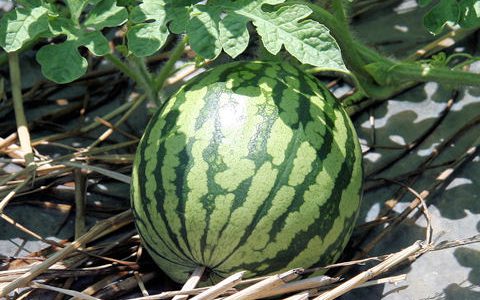
Florida watermelon farmers are still assessing the impacts of the January 30 freeze that affected many parts of the state. At this point, producers are still determining how much damage to the plants has occurred, and it does not appear that the overall damage was devastating, but some production could be set back by cold…
-
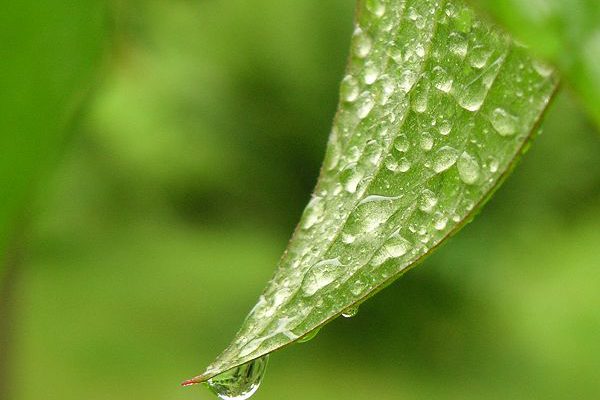
A new study published January 31 in the Proceedings of the National Academy of Sciences shows that the effect of increasing humidity may be at least as important to changes in climate as the rise in temperatures we are seeing now. We can already see impacts in the more rapid rise of overnight low temperatures…